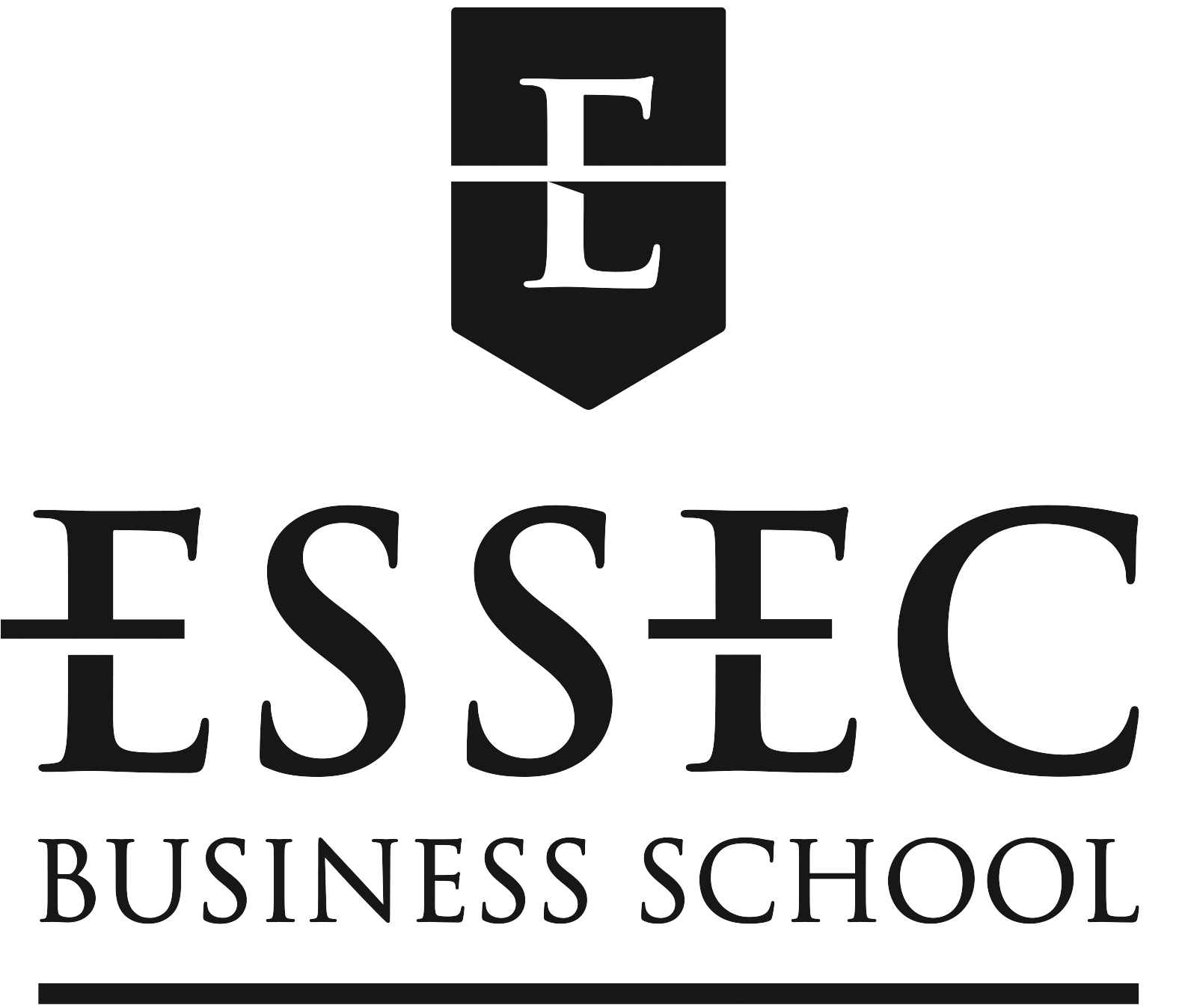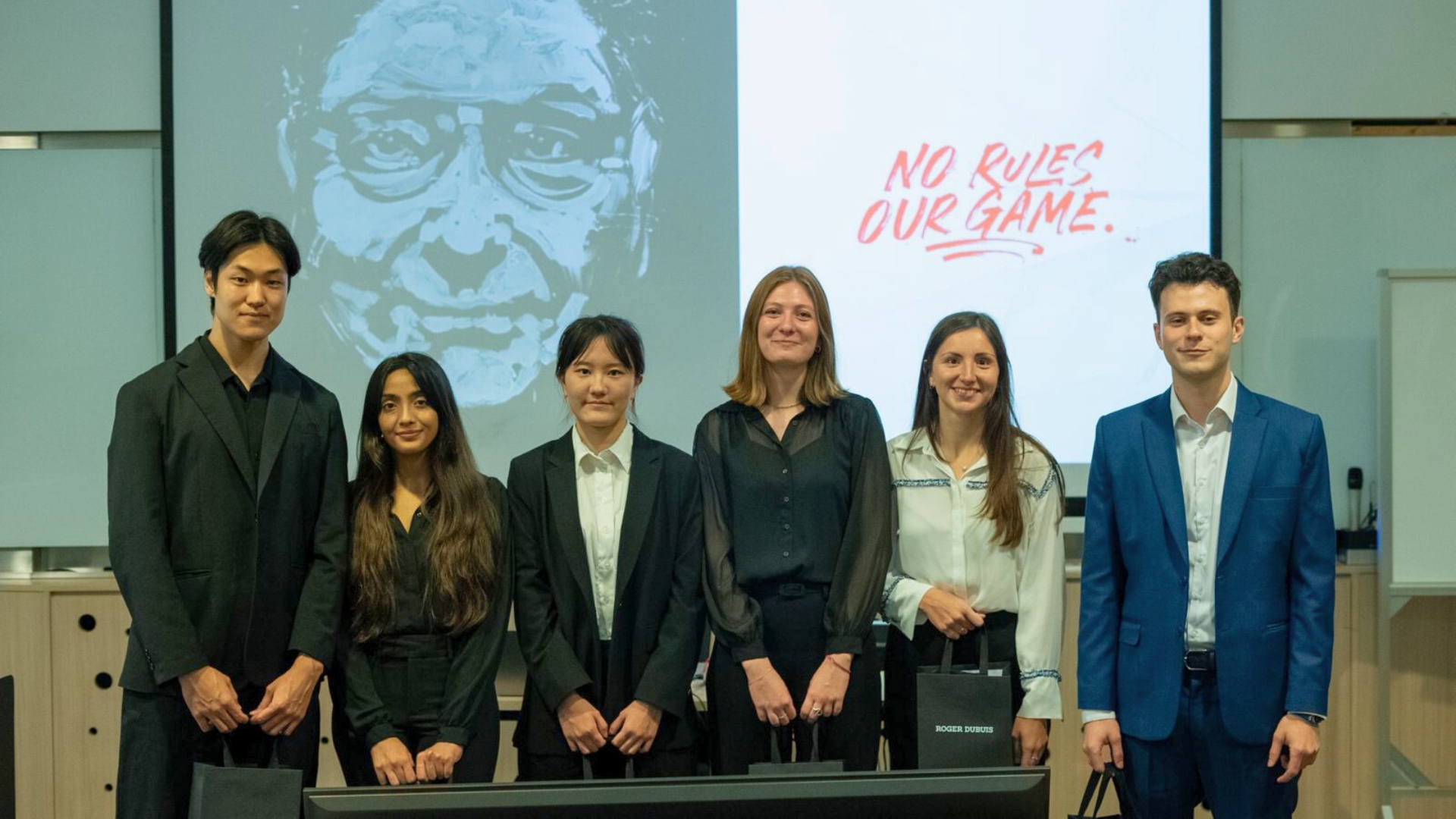- Financial services work in the future is less about crunching numbers and more about people management.
- People skills essential to managing expectations and working in diverse teams.
- The ESSEC Master in Finance program was designed to enable students to develop the necessary interpersonal skills.
If you think success in the finance sector depends on your skills with numbers, think again. To qualify for a job, one must undergo a rigorous interview process, including a group stage, which assesses one’s teamwork and collaboration abilities.
The reason is simple: Finance work today entails cooperating with diverse teams and working with clients with vastly different requirements—situations where it is the people skills that count, Peng Xu, Associate Academic Director of Master in Finance (MiF) at ESSEC Business School, Asia-Pacific, says.
“The bottom line is about you providing a financial service to your clients,” Xu matter-of-factly states.
She elaborates: “And just as it would be in any service industry, the client is of the highest priority.
You need to know your clients, visit them, speak with them, and be able to find out their needs so you can help them.”
This is why the MiF program at ESSEC Asia-Pacific places as much emphasis on people development as professional skills. Here is how:
1 | A Curriculum Built on Collaboration
This is most evident in the MiF program’s assessment method, which comprises written examinations and project work.
Across all modules, students must work in teams and apply their textbook knowledge in case studies and presentations.
“This gives us a taste of how to collaborate, contribute, and work together in groups towards a common goal,” MiF student Alice Xu shares.
Like in the real world, conflicts may arise, and communication can break down. Still, with practice, students gradually improve their abilities to handle these challenges—in time for when they enter the workforce.
2 | Campus Diversity
These lessons on teamwork are especially salient at the ESSEC Asia-Pacific campus as students come from countries across Asia and Europe.
With this diversity comes a broad range of experiences and perspectives, which challenges students to move out of their comfort zones, respect cultural differences, and build a sense of empathy.
“It was the first time I interacted with European students and could learn about working with people from very different cultural backgrounds,” Yixuan Shi, an alumna from the class of 2021, recalls.
The lessons learned, she says, were vital in helping her adapt well to her first role at a Japanese company.
3 | Practice Putting Your Best Foot Forward
At the MiF program, emphasis is also placed on coaching students to improve their professional behaviors.
For example, the Career Services team runs various executive presence and networking workshops to refine how students carry themselves and allow them to leave a good impression on potential employers.
As early as the first semester, students also undergo training at the mock assessment center—a two-day workshop that simulates the case study and group interview stage at finance interviews.
This is a chance for them to experience the pressure they will face in the professional setting and gain feedback on their performance to know where to improve.
“All in all, the career services sessions helped me overcome my introverted tendencies, and I was able to form new connections with people in the industry afterward, which I believe will benefit my future,” MiF student Aditya Athawale affirms.
4 | Exposure to Businesses in Asia
Lastly, the MiF program provides students a chance to understand finance in Asia—crucial for those hoping to start a career there.
Guest talks from industry experts are conducted regularly to help students learn about the roles available, and there are career fairs and networking sessions where students can meet and greet professionals across the full spectrum of financial institutions.
In addition, MiF students also have an annual study trip to financial hubs like New York and Hong Kong to gain a broader perspective of how business customs and etiquette can change in different countries.
Upon graduation, the MiF alumni are, therefore, one who is not just adept in finance skills but also culturally aware, socially responsible, and capable of leading and managing teams—something that recruiters have identified as a critical feature of ESSEC MiF graduates, Xu says.
“They have highlighted that our students are humble, flexible, and communicate well,” she shares, adding: “We are proud to be known for graduates that are fast to learn and good team players!”
RELATED POSTS
Green is the New Gold: Giving SMIB Students An Edge in Sustainable Finance
Sebastian Sohn shares why sustainability matters in the Sustainable Finance course for ESSEC Master in Strategy and Management of International…
Three MiF Curriculum Features that Make the ESSEC Asia-Pacific Campus Stand Out
Student Ambassadors share how the ESSEC Master in Finance at Singapore has prepared them for the world of finance.
Freedom and Practicality Draw Students from Asia to the MiM Program at ESSEC APAC
From diverse backgrounds to common goals, students from ESSEC's Master in Management program are shaping their futures with flexible learning and…
The MMD 2024 Digital Marketing Challenge: A Taste of the Real World
The annual Digital Marketing Challenge is arguably the biggest highlight of the MSc Marketing Management and Digital program. Student Ambassador…
Three Ways ESSEC GBBA Students Can Make the Most of Their Exchange
Student Ambassador Sagarika Majumdar and alumna Manqi Zhao share their tips.
How the ESSEC MMD Program Makes Learning Practical and Relevant
Fresh graduates need help entering the workforce, as they need more experience and have a limited understanding of the industry. ESSEC Master in…







